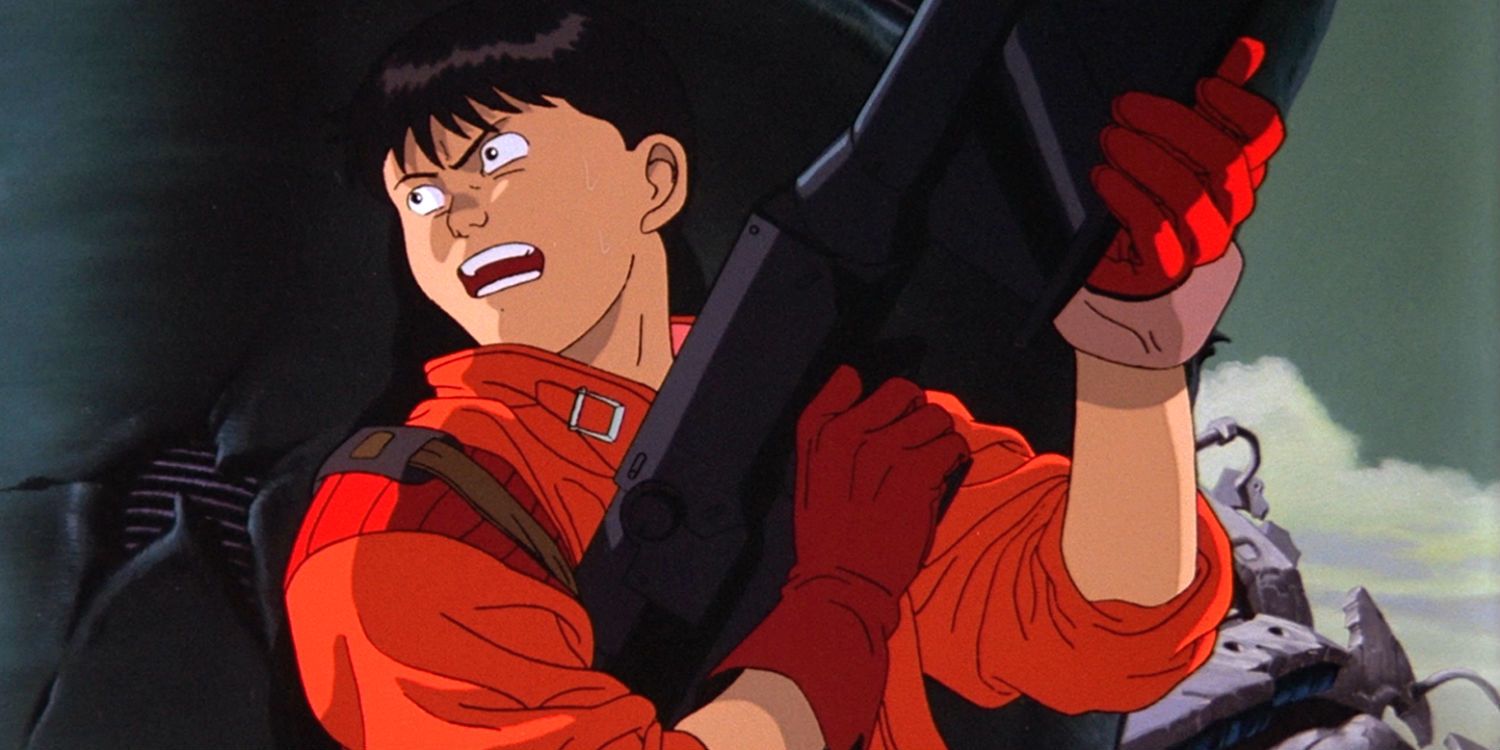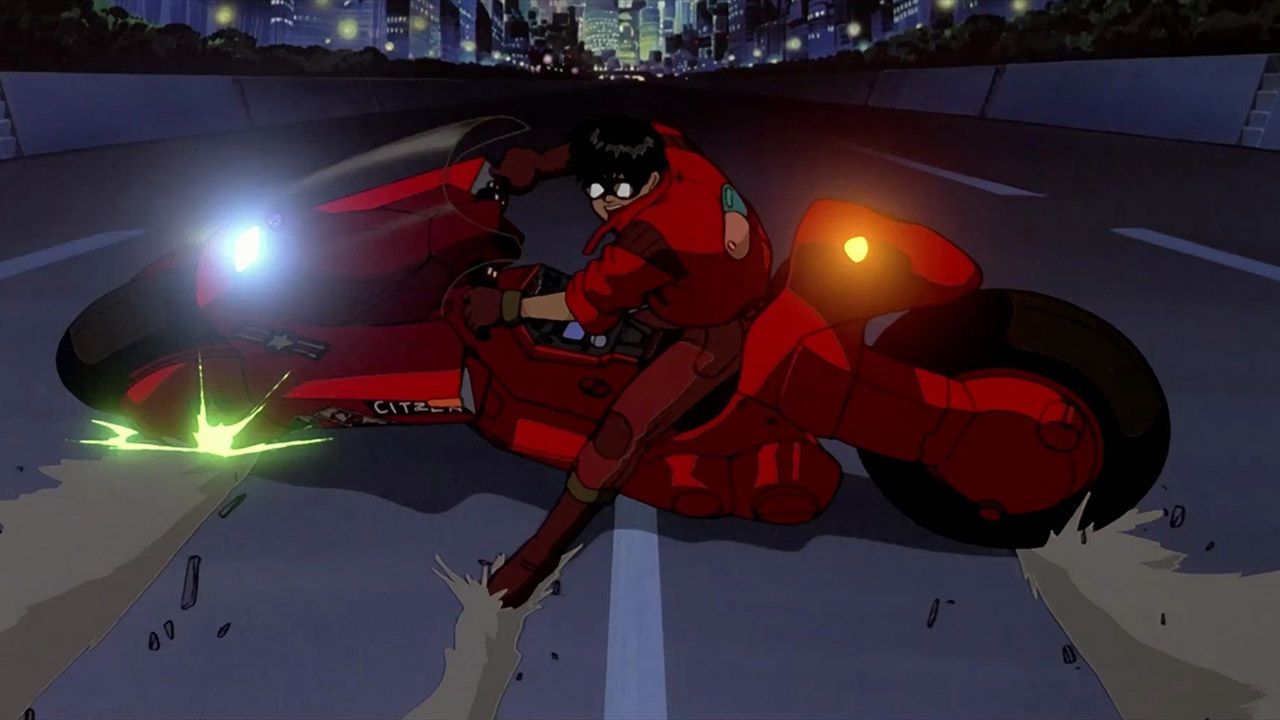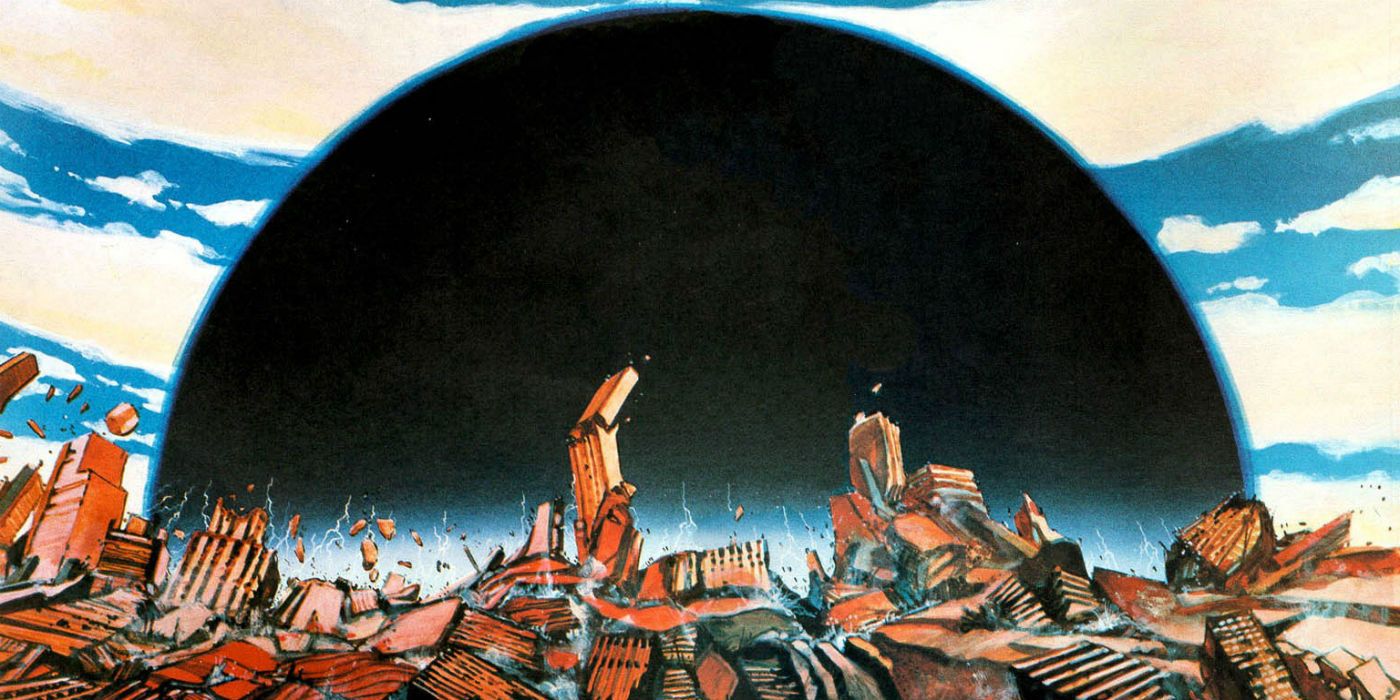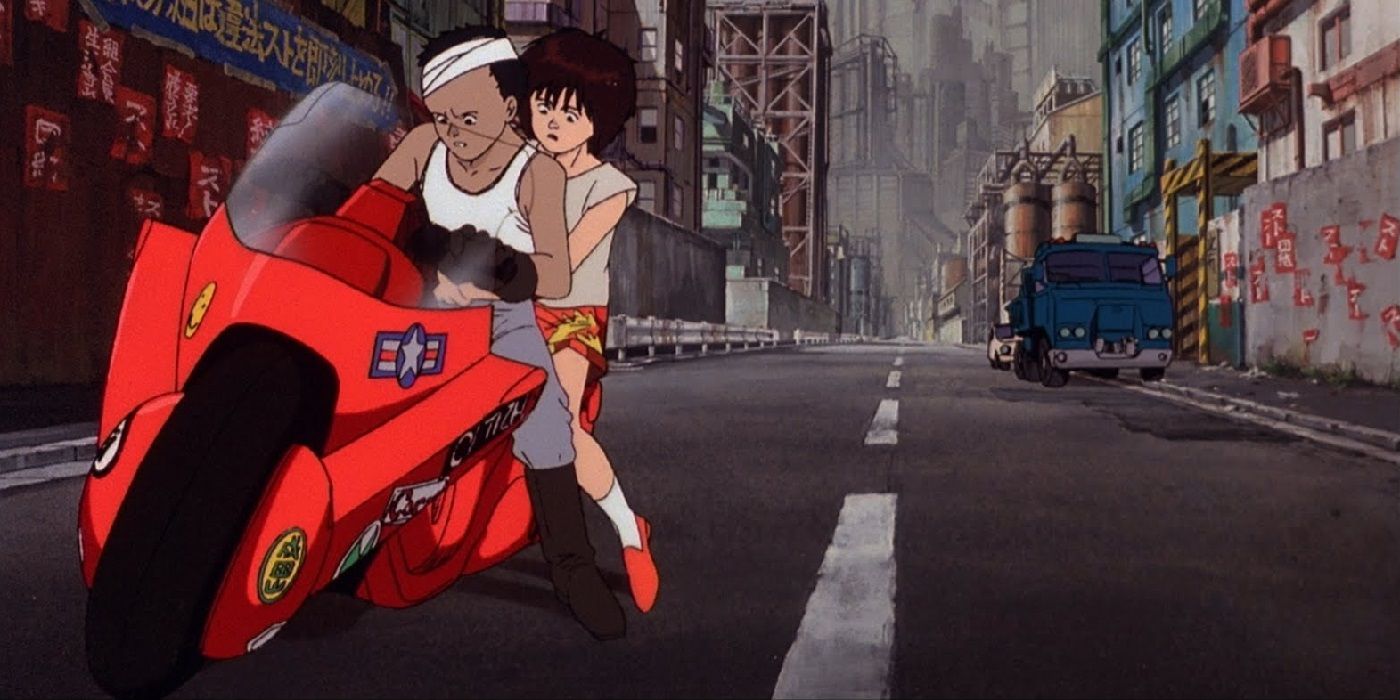Rumors of a live-action Hollywood remake of Akira are a regular occurrence; the project has been on the top of studios' wish-lists since the groundbreaking anime premiered in 1988 and brought the medium to the masses. It's hard to overstate the power of Katsuhiro Otomo's masterpiece, a hugely ambitious dystopian sci-fi epic whose influence stretches across nations, mediums and creators: Everything from The Matrix to Chronicle to Stranger Things. Even Kanye West expressed his love for the movie by using it as the basis for the music video of Stronger. It’s not hard to see why a Hollywood adaptation would be such a good idea, but equally a difficult thing to pull off.
Justin Lin was considered a strong favorite to direct last year when the rumors were reignited, as was Jaume Collet-Serra, and even Christopher Nolan and George Miller were suggested as the man for the job. Now, the newest names thrown into the ring are Daniel Espinosa, director of Life, and David Sandberg, a favourite at Warner Bros. thanks to the surprise success of his high-concept horror film Lights Out. Neither are huge names, nor were they previously considered favorites for the job, so this talk may be just that for now.
That talk intensified with a new potential name thrown into the ring this week - Get Out director Jordan Peele, which signals the first major blockbuster rumor attached to Peele since his debut feature crossed $100m at the US box office. However, with the Tokyo 2020 Olympic Games a mere three years away (mirroring the events of the manga), the timing feels right for Warner Bros. to take the leap and bring Akira to the big screen. The project, which has never gotten beyond rumors in the decade or so since its first announcement, remains the studio’s biggest chance to define how Hollywood handles anime as a source for adaptation, and possibly a real opportunity to create the definitive adaptation of the story.
The original adaptation of Akira remains a stellar piece of work - jaw-dropping in its attention to detail and vivid in its beautiful and often disturbing imagery, but it’s only a tiny part of a much more expansive story. When the film, directed by Otomo from his own work, was released, the manga was still two years away from completion, and as such the anime is a condensed version of the story, with many characters and subplots removed. Most of the second half of the 2000+ page epic was removed, which is understandable given the constraints put upon the project (Otomo retained creative control, and a considerable budget almost unheard of in anime at the time, but admitted to struggling with finding an appropriate ending).
The second half of Akira includes a thrilling post-apocalyptic exploration of Neo-Tokyo in the aftermath of young psychic Akira's destructive powers, with the city divided into opposing factions of cult-like zealots at war to the backdrop of the American military who watch from afar and attempt to quell the growing unrest. It’s deeply cinematic and would make for an incredible spectacle, unique amidst a sea of superhero adaptations. The chances are it would take more than one movie, and early discussions of an adaptation put forward the possibility of two films, with the first covering the events leading up to Neo-Tokyo’s destruction and the second following the aftermath. This would be the simplest and most effective way of bringing the material to the screen: A sharp divide between before and after, with the neon-skyscraper landscapes of Tokyo contrasted against the rubble of its downfall.
At its heart, Akira is a deeply political story with themes of alienation, corruption and rebellion. Many scholars have also argued that the story is Otomo's attempt to deconstruct Japan's post-war experiences and the ways the nation forever lives under the shadow of World War II. Whatever your interpretation, it’s important to note the explicitly Japanese nature of Akira, and the various elements of the story that would be lost if Hollywood chose to Americanize the tale.
The backlash to the whitewashing of Ghost in the Shell, as well as the recent concerns over similar practices in Netflix’s take on Death Note, have highlighted a variety of problems with the old way of movie-making. Audiences are savvier and more engaged with the conversations swirling around the production of a film, with many less willing to accept old defences of cultural smudging and whitewashed casting. The PR nightmare hanging over Ghost in the Shell is a constant reminder of that, even before the film has opened in theatres.
There are many wonderful anime with roots in American or Western culture and casts of white characters that would be perfect for such treatment – including Attack on Titan - which Warner Bros. has already acquired, with rumours of Harry Potter producer David Heyman on board - and Monster, which Guillermo Del Toro has been working on a TV adaptation of for many years – but it would be a wasted opportunity for everyone involved to bleed Akira of its deep running ties to Japan and its culture. It would also be good business for Warner Bros. to keep the story rooted in Japan, rather than lifting the story and sticking it in Neo-New York: 2016 numbers showed that Asian-Americans were the most frequent moviegoers in the country. Why not give that loyal audience something they really want to watch, rather than ignoring them in favour of outdated assumptions about key demographics?
As such, the material would require an appropriate director. While the current method preferred by studios for choosing directors for such tent-pole projects seems to be rooted in mining the indie market for raw talent, Akira is too ambitious and complex a project to be left in such hands. Over two thousand pages of material requires a far greater level of experience. A number of Japanese directors could be strong choices, including Katsuhiro Otomo himself, who has experience directing live-action film as well as animation. Hideaki Anno, the creator of the wildly popular anime Neon Genesis Evangelion (another anime whose potential as a Hollywood remake has been a hot topic for many years), directed the most recent Godzilla movie in Japan, Shin Godzilla, which became the highest grossing live-action Japanese film of 2016 and won seven awards from eleven nominations at the Japan Academy Prize Awards.
Sadly, the chances are that Warner Bros. will stick with a more familiar name to Western audiences, but they wouldn’t be short of suitable talents. Christopher Nolan and George Miller have the right experience and handle over stylized stories of epic scope, and their names are familiar enough to entice general audiences unfamiliar with the material. James Cameron would also be a fantastic choice, particularly as one of the few directors working with an expert grasp on the cinematic technology that would be required to do Akira justice, but the chances are he’ll be too busy with Avatar sequels to take on another lofty project. Matt Reeves is a favourite at Warner Bros. thanks to his stepping up to take over The Batman, but DC duties may keep him occupied. Rian Johnson, fresh from Star Wars: The Last Jedi, admitted that Akira was a major influence on his acclaimed time-travel drama Looper, and he’s clearly got the chops for the job. Justin Lin brought freshness to the Star Trek franchise and could do the same here too. There are many incredible talents available - it’s just about making the right choice.
Whatever the case, the director will need a budget to match. Akira is not a project that can be done on the cheap. Between the large ensemble, the scale of the special effects and the commitment to thousands of pages of story, this is a budget that could easily rival a Star Wars or Avengers film in terms of cost, but to cut corners would do a massive disservice to the material. One of the things that made the original anime so special was its intricate detail and scope, which was a rarity in anime of the time. To match that quality, Warner Bros. would need to bring big money to the table.
Whether or not Akira makes it to the big screen courtesy of Hollywood is an issue that arises as regularly as clockwork, but its status as the white whale of anime adaptations, both in American and Japanese cinema, makes it the top prize in an industry simultaneously so desperate for the hot new thing while being terrified of taking risks. All eyes will be on Ghost in the Shell’s box office to see how audiences respond to anime on the big screen, but regardless of that film’s success or failure, Hollywood would do well to treat the medium’s great masterpiece with the care it deserves.




